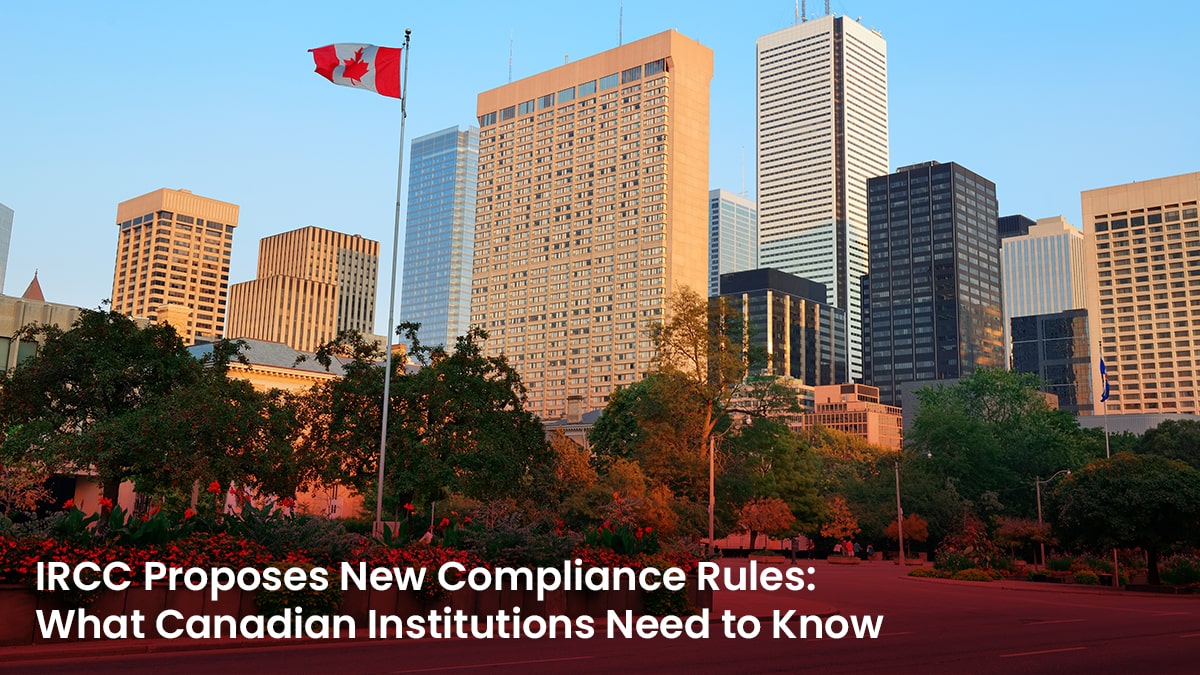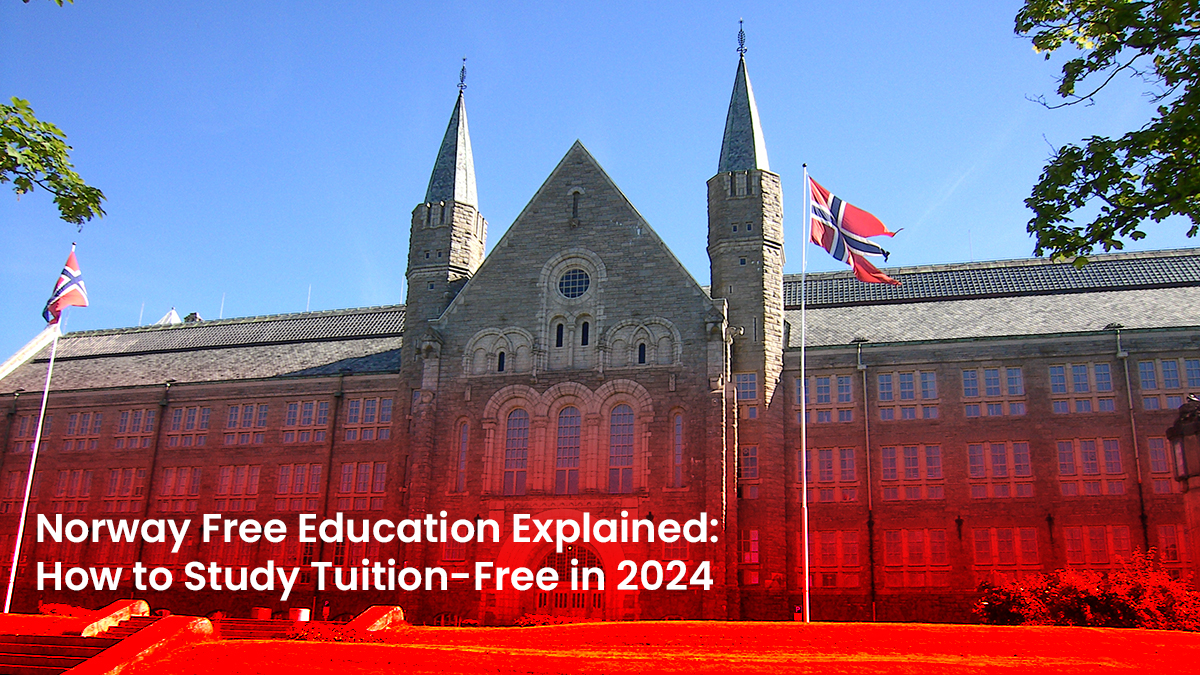Immigration, Refugees, and Citizenship Canada viz. IRCC recently announced significant regulatory changes pertaining to the international student market. These proposed amendments by IRCC are presently undergoing a 30-day review process, since their initial posting on the 20th of June 2024.
These amendments will establish a new compliance reporting system for post-secondary institutions across Canada, enhancing governance and accountability for Designated Learning Institutions (DLIs) in the country. Here’s a closer look at these developments and how they may affect Canadian educational institutions.
Key changes and their impact
New compliance reporting requirements
Canadian educational institutions will now be required to meet higher standards and obligations established by both federal and provincial authorities. IRCC’s new stringent compliance reporting system ensures greater transparency and reliability in handling international students’ enrollment. This, in turn, will enhance the integrity of the entire system.
Authority to suspend non-compliant institutions
According to the new regulations, IRCC will have the power to suspend the processing of study permits for Canadian institutions that do not conform to the new standards. This authority allows IRCC to enforce compliance efficiently, and ensure that only institutions meeting the requisite standards can enroll international students.
Mandatory study permit applications for transfers
Students seeking transfers to another Canadian institution will need to submit a new study permit application. This change enables IRCC to track and analyze student compliance more effectively during their stay in the country. In other words, this measure is intended to guarantee that international students conform to the terms of their study permits.
Increased off-campus work hours
The proposed regulations by IRCC will increase the off-campus work hour limit for international students from 20 hours to 24 hours per week. This amendment gives students more flexibility to alleviate their financial burden while pursuing their degree programs.
Implications for institutions
These proposed changes by IRCC represent a significant shift in how DLIs are administered and overseen. While provinces and territories will continue to designate these institutions, IRCC will have a more active role in verifying compliance and addressing program integrity concerns.
Improved reporting and verification
Currently, IRCC lacks the regulatory authority to coerce DLIs into reporting compliance. The new regulations will allow the IRCC to verify student attendance and compliance more efficiently. Consequently, the risk of fraudulent activities will be minimized considerably and the integrity of the international student program will be easily maintained.
Sanctioning non-compliant institutions
The new rules empower IRCC to impose conditions, that include suspending study permit processing for non-compliant DLIs. This approach will help maintain high standards and ensure that only compliant Canadian institutions can enroll international students.
Tracking student transfers
Under the new regulations, international students will need to apply for a new study permit when changing institutions and notify IRCC as well. This measure will help IRCC maintain correct records and ensure that international students adhere to the terms of their study permits.
Mandatory reporting and enhanced verification
The proposed regulations by IRCC will need DLIs to submit biannual compliance reports. These reports will help IRCC respond to integrity challenges and address unethical behaviors efficiently. Furthermore, the new letter of acceptance verification system will allow IRCC to review each letter submitted with study permit applications before processing, thereby reducing existing compliance gaps.
The steps taken by IRCC aim to enhance the integrity of Canada’s international student program, ensuring that both the academic and personal welfare of students are protected. It is now imperative for Canadian institutions to comply with the new standards to maintain quality student recruitment from around the globe.












